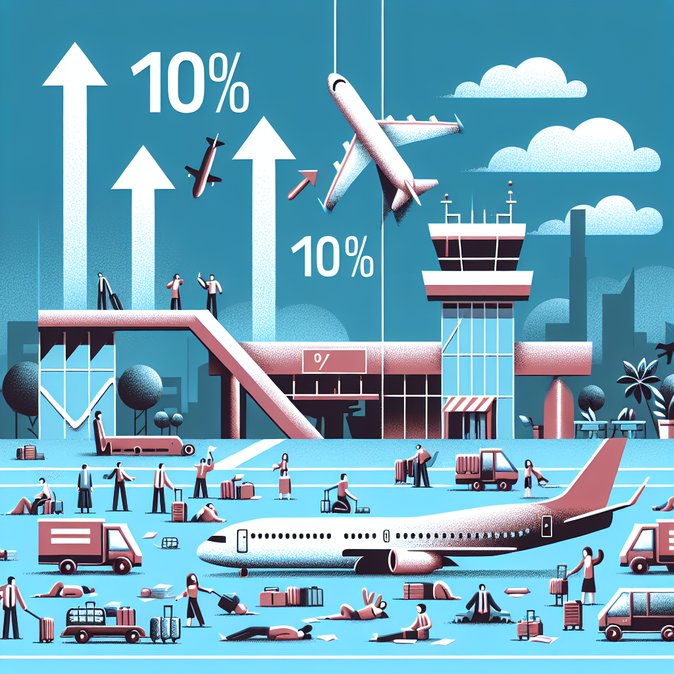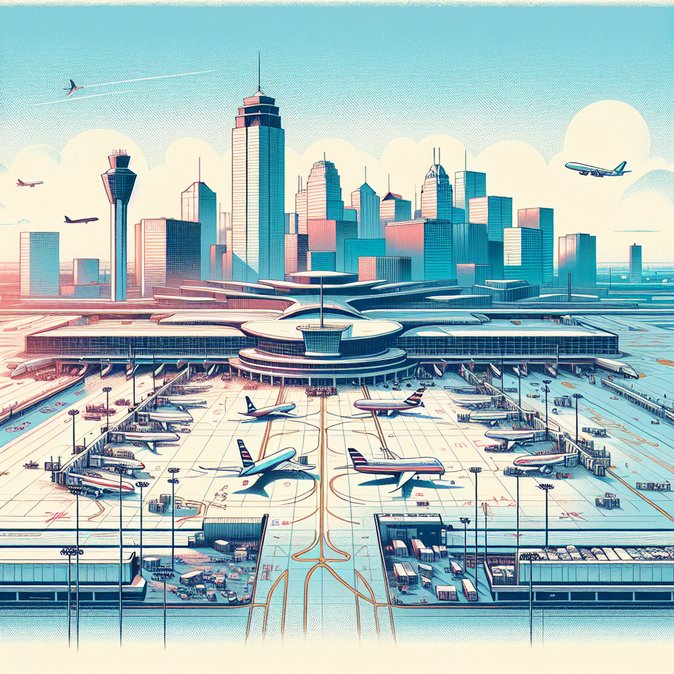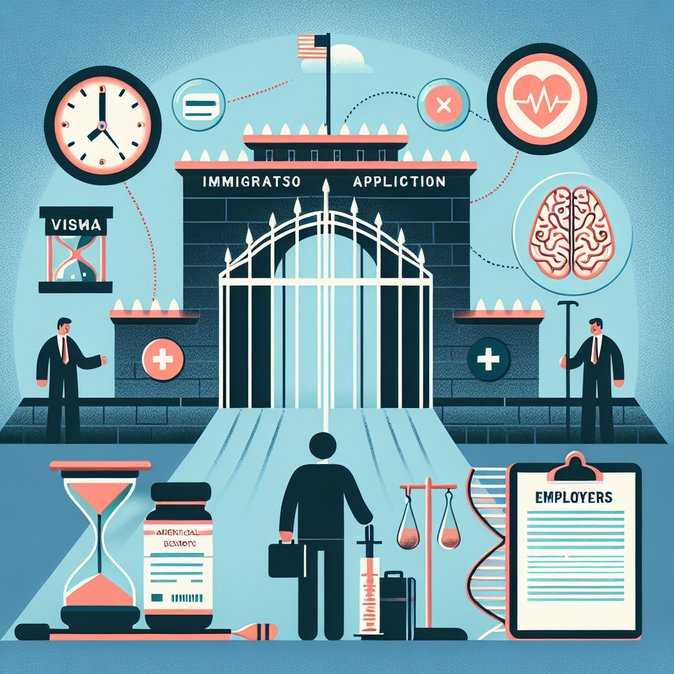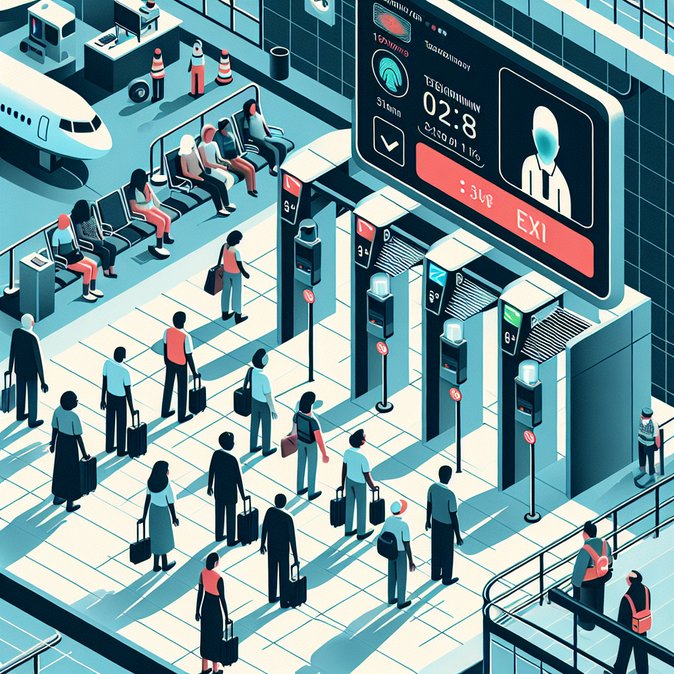
The Federal Aviation Administration escalated its shutdown-era safety measures on 11 November, directing airlines to cancel six percent of flights at the nation’s 40 busiest airports and ramp up to a full 10 percent by 14 November. The emergency order, published in the Federal Register on 12 November, cites acute staffing shortages among unpaid air-traffic controllers and a spike in runway-incursion reports.
By Tuesday evening more than 1,200 flights had been cancelled and 5 million passengers disrupted since the cuts began, according to FlightAware data. Hub airports such as Atlanta, Chicago O’Hare and New York’s LaGuardia have seen double-digit cancellation rates, while long-haul international services have been spared to protect revenue. Transportation Secretary Sean Duffy warned that disruptions could double over the coming weekend if Congress fails to reopen the government.
![FAA orders 10 % flight cuts at 40 U.S. airports, sparking fresh wave of cancellations]()
Major carriers are scrambling: Delta and United have re-timed schedules and opened fee-free rebooking windows, while Southwest pre-emptively pulled 440 flights through Wednesday. Corporate travel managers face ballooning re-routing costs and traveller-tracking headaches just two weeks before the Thanksgiving peak.
If the shutdown persists, mobility teams should prepare for prolonged trip approvals, higher fares and possible visa-appointment no-shows for travellers unable to reach U.S. consulates abroad. Companies with tight project timelines may need to pivot to remote work or defer site visits until capacity stabilises.
Industry groups led by Airlines for America and the U.S. Travel Association are lobbying for an aviation carve-out in any temporary funding bill, arguing that every percentage point of capacity removed shaves roughly US $75 million a day from economic output.
By Tuesday evening more than 1,200 flights had been cancelled and 5 million passengers disrupted since the cuts began, according to FlightAware data. Hub airports such as Atlanta, Chicago O’Hare and New York’s LaGuardia have seen double-digit cancellation rates, while long-haul international services have been spared to protect revenue. Transportation Secretary Sean Duffy warned that disruptions could double over the coming weekend if Congress fails to reopen the government.

Major carriers are scrambling: Delta and United have re-timed schedules and opened fee-free rebooking windows, while Southwest pre-emptively pulled 440 flights through Wednesday. Corporate travel managers face ballooning re-routing costs and traveller-tracking headaches just two weeks before the Thanksgiving peak.
If the shutdown persists, mobility teams should prepare for prolonged trip approvals, higher fares and possible visa-appointment no-shows for travellers unable to reach U.S. consulates abroad. Companies with tight project timelines may need to pivot to remote work or defer site visits until capacity stabilises.
Industry groups led by Airlines for America and the U.S. Travel Association are lobbying for an aviation carve-out in any temporary funding bill, arguing that every percentage point of capacity removed shaves roughly US $75 million a day from economic output.


